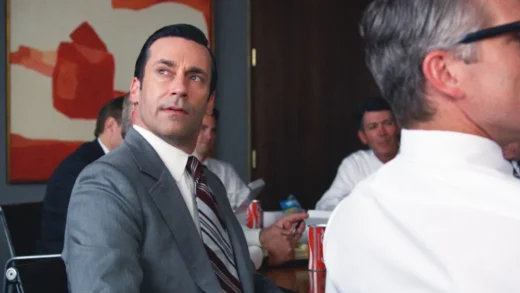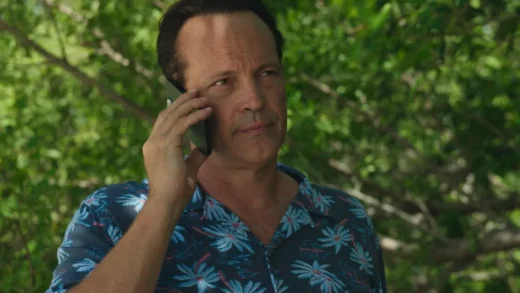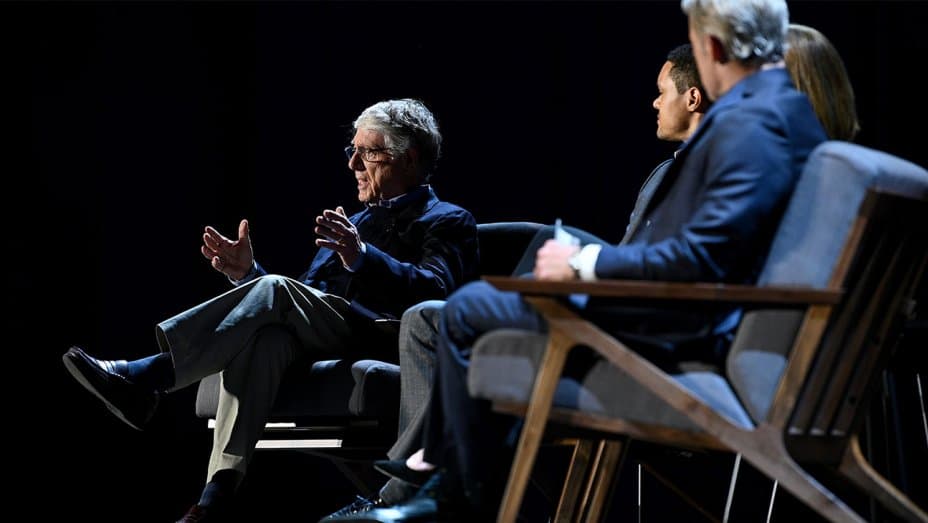Former ABC News Nightline anchor Ted Koppel, The Daily Show host Trevor Noah and former Time magazine editor Nancy Gibbs debated the role of the media in a lively panel discussion moderated by journalist and Live PD host Dan Abrams on Saturday.
The panel, part of the HISTORYtalks “Leadership and Legacy” event hosted by the History channel at Carnegie Hall in New York Saturday, focused on how social media, cable news, changing business models and President Trump have changed how journalists operate and how consumers get their news.
“Where I fault my former colleagues at the networks is that network newscasts now are fundamentally a collection of what a bunch of producers have gathered by sitting down and watching to see what’s trending online,” Koppel said. “It is a matter of giving the audience what we perceive they want to see, what they want to hear, whereas people of my generation felt that our obligation, our mandate was to give people what they needed to hear.”
“Yes, there is a certain arrogance attached to it, we were the ones who decided what you needed to hear,” he added.
“You are right when you say there is a level of arrogance to it, but it is about what will affect people versus what will offend people,” Noah replied. “I do think Americans exist in a space where the entertainment value of the news determines what stories will be covered.”
The panel was particularly critical of cable news panels, with guests in boxes on screen, sharing their real-time opinions and analysis.
“You have this format on cable, where you have a panel of people, some of whom are traditionally mainstream reporters, and others are political operators, and others are opinion commentators, and that line between reporting and opinion is completely blurred,” Gibbs said.
“It became more about the business, and making money,” Noah added. “Unfortunately the best way to make the money is to become more entertaining, and the best way to become more entertaining is to cater to people’s opinions and views, and when you cater to their opinions and views, you are no longer a journalist, and once that happens you have a plethora of opinionated sources, so someone who says ‘this is my opinion’ gets to enjoy a space of authenticity that the media sometimes misses.”
When it comes to President Trump, it was his regular attacks on journalists and the media writ at large that stirred debate among the panelists.
“The circumstances preexisted his election, but when he says quite transparently that ‘I attack you, I demean you, in order to discredit you’… That is a strategy and it has been very effective and deliberate,” Gibbs said.
(Excerpt) Read more in: The Hollywood Reporter





